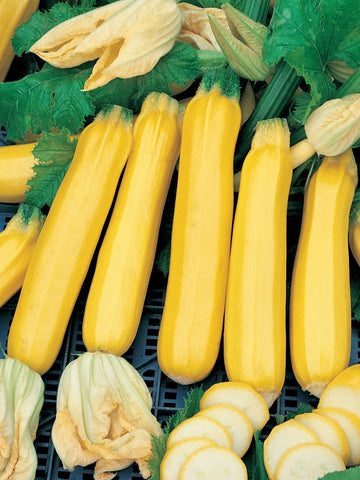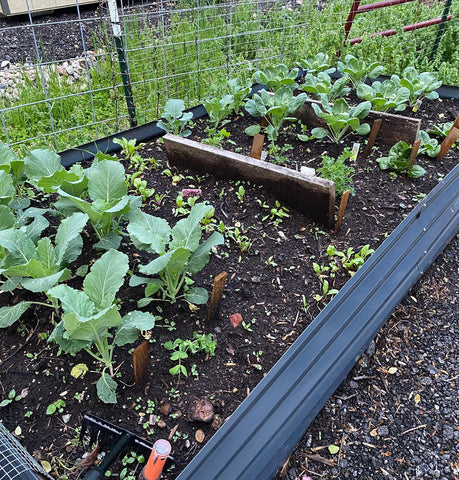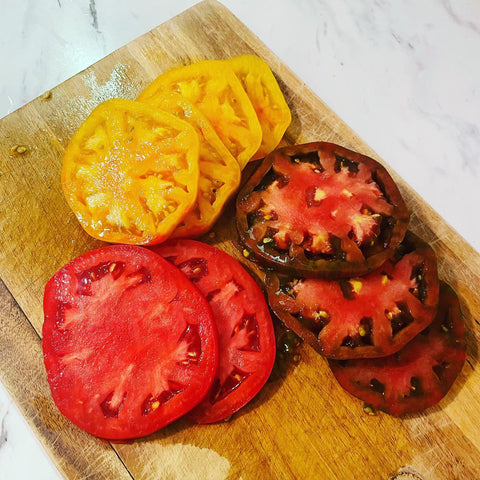Most of us think of garden fences as a way to protect the garden from pests – those deer, rabbits, and other critters that can wreak havoc on a garden. While that’s exactly what they’re used for, there’s nothing that says you can’t also have a beautiful garden fence.The following content also has some reference value for raised garden beds.
It can be a little bit of a hassle to find the right fence for your particular situation, especially if you want something that adds to your garden’s beauty instead of being a purely functional tool.

Here’s a quick and dirty guide to picking the right fence for your garden:
What’s Your Budget?
The first thing to think about in any garden project is budget. How much are you willing to spend?
The cheapest fences out there are an option, but you have to understand what you’re paying for – not much. It’s not going to be the best quality and may break down many seasons earlier than a more sturdy, well-built fence.
What I like to do is ask myself this question: “Am I willing to spend a little bit more money to get a LOT more value?”
For me, the answer is almost always yes, no matter what the object. A garden fence is no different.

What Material Should Your Fence Be Made Of?
Once you’ve figured out a price range, the next question you need to answer is, “What material should my fence be made of?” My personal recommendation is to go with aluminum, steel, or PVC vinyl
Each of these materials has its pros and cons, but these three are generally going to be better choices than any other material you could use.
What About Aesthetics?
Like I said earlier – a garden fence doesn’t HAVE to only be a functional tool. It can also look good. Fences have blown up on Pinterest. Just take a look at this one:
You can go with decorative lighting and lattices if you want a higher class, more elegant look, but going for a rugged yet solid style can also work. The materials that you use will reinforce the aesthetic of your fence as well – organic materials like wood will give it a more rustic flavor, while opting for metal will give it a sharp and clean look.

Choose something that will fit well with both the aesthetics of your garden and your house. The last thing you want to do is have a fence that sticks out like a sore thumb.
For fences, functionality is key. However, gardening is supposed to be fun and an expression of yourself, so don’t box yourself in. You should be armed with the info you need to pick a fence that meets your needs, both in function and looks. Now go forth and build!
It can be a little bit of a hassle to find the right fence for your particular situation, especially if you want something that adds to your garden’s beauty instead of being a purely functional tool.

Here’s a quick and dirty guide to picking the right fence for your garden:
What’s Your Budget?
The first thing to think about in any garden project is budget. How much are you willing to spend?
The cheapest fences out there are an option, but you have to understand what you’re paying for – not much. It’s not going to be the best quality and may break down many seasons earlier than a more sturdy, well-built fence.
What I like to do is ask myself this question: “Am I willing to spend a little bit more money to get a LOT more value?”
For me, the answer is almost always yes, no matter what the object. A garden fence is no different.

What Material Should Your Fence Be Made Of?
Once you’ve figured out a price range, the next question you need to answer is, “What material should my fence be made of?” My personal recommendation is to go with aluminum, steel, or PVC vinyl
Each of these materials has its pros and cons, but these three are generally going to be better choices than any other material you could use.
What About Aesthetics?
Like I said earlier – a garden fence doesn’t HAVE to only be a functional tool. It can also look good. Fences have blown up on Pinterest. Just take a look at this one:
You can go with decorative lighting and lattices if you want a higher class, more elegant look, but going for a rugged yet solid style can also work. The materials that you use will reinforce the aesthetic of your fence as well – organic materials like wood will give it a more rustic flavor, while opting for metal will give it a sharp and clean look.

Choose something that will fit well with both the aesthetics of your garden and your house. The last thing you want to do is have a fence that sticks out like a sore thumb.
For fences, functionality is key. However, gardening is supposed to be fun and an expression of yourself, so don’t box yourself in. You should be armed with the info you need to pick a fence that meets your needs, both in function and looks. Now go forth and build!









